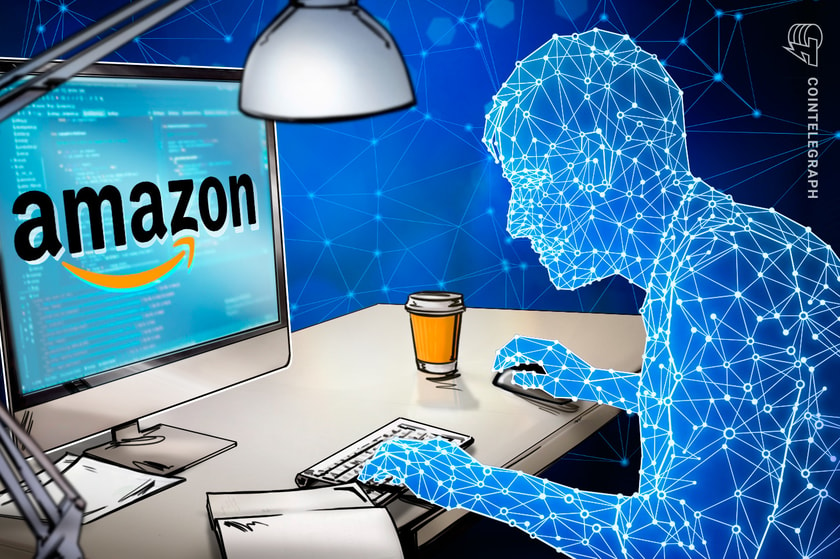Amazon invests $4B in Anthropic AI startup

Amazon has agreed to invest $4 billion into the artificial intelligence startup Anthropic to develop high-performing foundation models.
Amazon and artificial intelligence (AI) startup Anthropic have announced a new investment agreement to aid the research and development of new high-performing foundation models.
In a post on X (formerly Twitter), Anthropic revealed that Amazon will invest $4 billion in its work and give it access to Amazon Web Services Trainium and Inferentia chips.
Anthropic said it will, in return, offer “enhanced support” of Amazon Bedrock, which produces foundation models, with “secure model customization and fine-tuning” for businesses. Amazon teams will also be able to use Bedrock to build on Anthropic’s models.
Our agreement provides Anthropic with access to @awscloud Trainium and Inferentia chips. We’ll also offer enhanced support of Amazon Bedrock with secure model customization and fine-tuning for businesses.
— Anthropic (@AnthropicAI) September 25, 2023
Additionally, through the deal, Amazon is reportedly taking a “minority stake” in Anthropic. The latter said this has not disrupted its governance.
“As outlined in this policy, we will conduct pre-deployment tests of new models to help us manage the risks of increasingly capable AI systems.”
The AI startup was formed by former members of Microsoft-backed OpenAI, the creator of the viral AI chatbot ChatGPT.
Related: Anthropic cracks open the black box to see how AI comes up with the stuff it says
This latest development comes shortly after Anthropic announced an investment of $100 million from the South Korean telecommunications giant SK Telecom back in August.
That investment followed a collaboration between Anthropic and SK Telecom to develop a multilingual large language model (LLM) for the latter’s Telco AI Platform.
Anthropic has been a part of major movements within the AI community. In July, it joined Google, OpenAI, Microsoft and others in forming the “Frontier Model Forum,” which was created to self-regulate AI development from the inside.
It has also been a part of initiatives led by the United States government relating to AI development and regulation, including a cybersecurity challenge to help strengthen its “critical infrastructure.”
Magazine: ‘AI has killed the industry’: EasyTranslate boss on adapting to change



